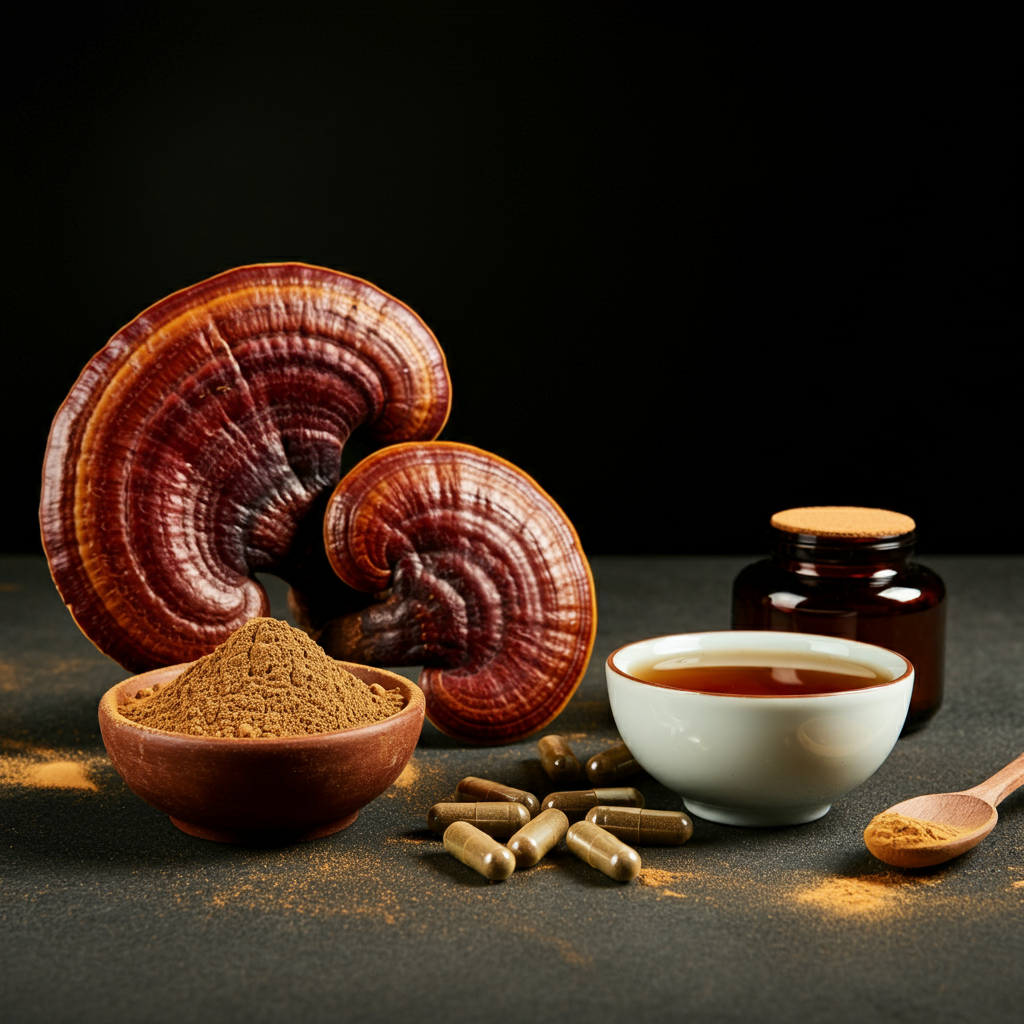Modulation of human intestinal microbiota in a clinical trial by consumption of a β‐d‐glucan‐enriched extract obtained from Lentinula edodes
Authors: Diego Morales, Sudarshan A. Shetty, Bricia López‐Plaza, Carmen Gómez‐Candela, Hauke Smidt, Francisco Ramón Marín, Cristina Soler‐Rivas
Journal: European Journal of Nutrition
Study Design: Randomized, controlled, double-blind, and parallel clinical trial
Participants: 52 subjects (14 men and 38 women) from 18 to 65 years old with untreated mild hypercholesterolemia
Intervention: The participants were randomly assigned to one of two groups:
- Treatment Group (TG): Consumed a β-d-glucan-enriched (BGE) mixture (10.4 g/day) obtained from shiitake mushrooms (Lentinula edodes) ensuring a 3.5 g/day of fungal β-d-glucans incorporated in three different commercial creams.
- Control Group (CG): Consumed a placebo incorporated in three different commercial creams.
The intervention lasted for eight weeks.
Outcome Measures:
- Lipid- or cholesterol-related parameters
- Inflammatory or immunomodulatory responses (IL-1β, IL-6, TNF-α, oxLDL)
- Colonic microbiota composition
Summary: The study aimed to evaluate the hypocholesterolemic, immune- and microbiota-modulatory effects of a β-d-glucan-enriched (BGE) mixture obtained from shiitake mushrooms in hypercholesterolemic subjects. The results showed that the BGE mixture did not significantly affect lipid- or cholesterol-related parameters, nor did it induce any inflammatory or immunomodulatory responses. However, the BGE mixture was found to modulate the colonic microbiota differently compared to the placebo. The study concluded that while the BGE mixture did not exhibit hypocholesterolemic or immunomodulatory effects in this trial, it did influence the gut microbiota, suggesting a potential link between cholesterol metabolism, microbiota, and BGE administration. Further studies are needed to elucidate the precise significance of this differential modulation.

No responses yet